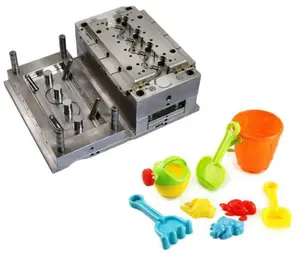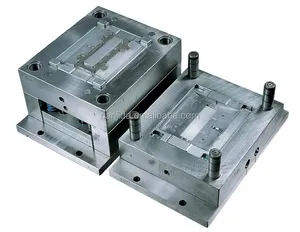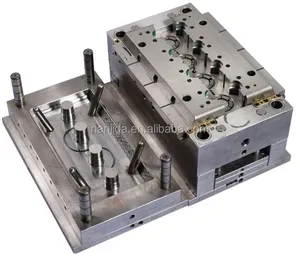
All categories
Featured selections
Trade Assurance
Buyer Central
Help Center
Get the app
Become a supplier














Alibaba.com mang đến cho bạn những điều thú vị và phổ biến nhất. ép nhựa siêu thị sản phẩm khuôn từ nhiều bộ truyện tranh khác nhau để làm quà tặng cho con bạn hoặc sử dụng cho tất cả các loại hoạt động quảng cáo. Những cái này. ép nhựa siêu thị sản phẩm khuôn lý tưởng cho tất cả các loại đồ trang trí cho trẻ em và có tiêu chuẩn chất lượng cao. Bắt đầu từ truyện tranh Marvel đến loạt phim DC và nhiều hơn nữa, tất cả các loại. ép nhựa siêu thị sản phẩm khuôn có sẵn trên trang web để mua. Chúng có sẵn trong các mô hình khác nhau theo yêu cầu của bạn.
Nhận quyền truy cập vào hàng trăm bộ sưu tập và. ép nhựa siêu thị sản phẩm khuôn phổ biến ở cả trẻ em và người lớn, được làm từ chất liệu PVC chắc chắn đảm bảo tuổi thọ lâu dài. Những cái này. ép nhựa siêu thị sản phẩm khuôn thân thiện với môi trường và an toàn tuyệt đối cho con bạn chơi. Bạn có thể chọn từ một loạt các kích thước thu nhỏ riêng biệt và đi kèm với số lượng đặt hàng tối thiểu riêng biệt. Những cái này. ép nhựa siêu thị sản phẩm khuôn đồ chơi dành cho giới tính và có thể giống với các mẫu được hiển thị trên trang web cho mục đích minh họa.
Tại Alibaba.com, những. ép nhựa siêu thị sản phẩm khuôn là tiêu chuẩn EN71, CE, ASTM F963, FDA, NM300, ST2002, REACH đã được thông qua và xác minh. Sự hiện diện của các vật liệu không độc hại làm cho những sản phẩm này trở nên hoàn hảo cho mọi người ở mọi lứa tuổi. Bạn có thể tùy chỉnh. ép nhựa siêu thị sản phẩm khuôn như bạn muốn hoặc chuyển sang những từ khóa đã có. Những cái này. ép nhựa siêu thị sản phẩm khuôn có nhiều màu sắc và kiểu dáng khác nhau và phục vụ nhiều mục đích như được sử dụng làm đồ trang trí, đồ sưu tầm, quà tặng, vật phẩm quảng cáo và nhiều hơn nữa. Những đồ chơi vui nhộn này giống như thật, tinh tế và đi kèm với các chứng nhận ISO.
Alibaba.com có một loạt các tính năng khác nhau. ép nhựa siêu thị sản phẩm khuôn có phạm vi phù hợp với túi tiền của bạn và mua những món đồ chơi tuyệt vời này. Bạn có thể đặt hàng OEM khi mua sắm số lượng lớn và tận hưởng các ưu đãi tuyệt vời cho các sản phẩm. Bao bì tùy chỉnh cũng có thể được thực hiện cho người mua số lượng lớn.